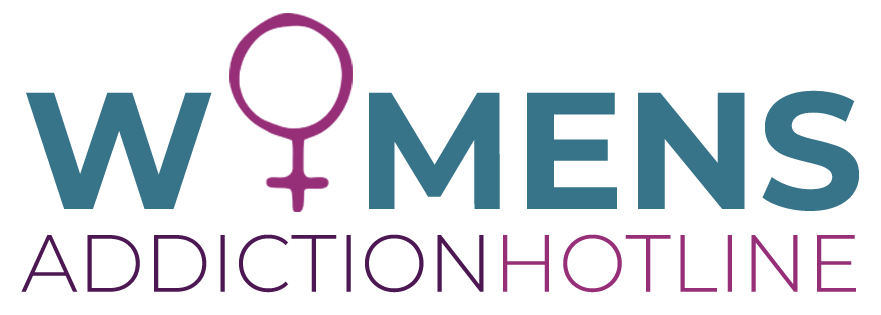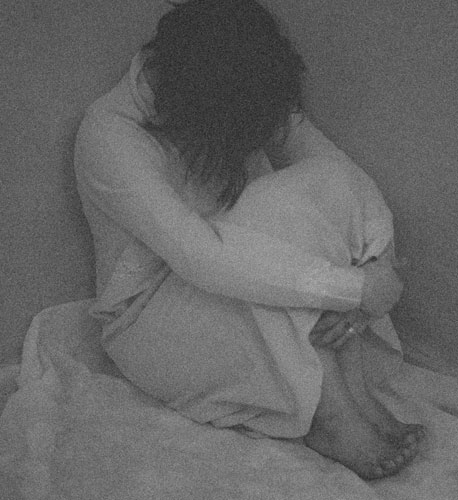Massachusetts Women’s Addiction Hotline
Massachusetts Women’s Substance Abuse Hotline
Massachusetts Women’s Drug & Alcohol Abuse Statistics
Substance abuse among women is a significant public health concern in Massachusetts, with prevalence rates comparable to national averages[1]. According to the National Survey on Drug Use and Health (NSDUH), approximately 11.9% of women aged 15-44 report illicit drug use in the past month, with 23.7% reporting heavy or binge alcohol use[2]. In 2015, 5.7% of women in the United States had a substance use disorder[3]. These statistics highlight the need for effective prevention and treatment strategies targeting women.
The types of substances commonly abused by women in Massachusetts include alcohol, prescription opioids, and illicit drugs such as cocaine and heroin[1][4]. Rates of prescription opioid abuse or dependence are particularly concerning among adolescent and young adult women, with data from the NSDUH indicating a higher prevalence among females aged 12-17 compared to males in the same age group[5]. Additionally, women with substance abuse disorders are more likely to have experienced physical or sexual abuse, highlighting the need for trauma-informed care[5].
Demographic and socioeconomic factors are associated with substance abuse among women in Massachusetts[1]. Rates of substance abuse are higher among women who are unemployed, have lower levels of education, and have a history of mental health issues[1]. Additionally, maternal race and ethnicity have been found to be associated with the use of medications for the treatment of substance use disorders[6]. These factors highlight the need for targeted prevention and treatment efforts that address the unique needs and challenges faced by women from diverse backgrounds.
1. Treatment outcomes for substance use disorder among …. from www.ncbi.nlm.nih.gov/pmc/articles/PMC4297726/
2. The Prevalence and Impact of Substance Use Disorder …. from www.ncbi.nlm.nih.gov/pmc/articles/PMC5380534/
3. Women In Recovery. from www.recoveryanswers.org/resource/women-in-recovery/
4. 2019 National Survey on Drug Use and Health (NSDUH) …. from www.samhsa.gov
5. Substance Abuse in Women – PMC. from www.ncbi.nlm.nih.gov/pmc/articles/PMC3124962/
6. Assessment of Racial and Ethnic Disparities in the Use …. from jamanetwork.com/journals/jamanetworkopen/fullarticle/2766203

Women’s Substance Abuse Treatment Resources Massachusetts

Massachusetts Government Bureau of Substance Addiction Services
Massachusetts Government Bureau of Substance Addiction Services. We are responsible for: Licensing substance use disorder treatment programs and counselors. Funding and monitoring prevention, intervention, treatment, and recovery services. Providing access to treatment for the uninsured. Developing and implementing substance use disorder-related policies and programs and Tracking substance use disorder treatment trends in the state
Massachusetts Helpline Substance Use Treatment Recovery
Massachusetts Helpline Substance Use Treatment Recovery. The Helpline is a statewide, public resource for finding substance use harm reduction, treatment, recovery, and problem gambling services. Helpline services are free and confidential, and available 24/7. Our caring, trained Specialists, many of whom are in recovery themselves or have personal experience with substance use disorder, will help you understand the treatment system and your options. Treatment is often the first step on a person’s journey to change and recovery. Treatment can help you stop using alcohol or other drugs or use them differently so you can start to explore what your life in recovery looks like. Some people try treatment more than once because the road to change isn’t always a straight line. This is normal, and okay.

Megan’s House MA Residential Treatment and Sober Living for Women
Megan’s House Massachusetts Residential Treatment and Sober Living for Women. The mission at Megan’s House is to improve the quality of life of its residents through an evidence-based substance abuse treatment program that emphasizes individual dignity, self-respect, and empowerment. Megan’s House is a long-term residential treatment and sober living for women in Massachusetts suffering with Substance Use Disorder. The Megan House Foundation, Inc. is a 501 C 3 non-profit foundation established to support Megan’s House and other organizations designed to further the treatment of young women in need of help.

Herron Project MA Recovery & Prevention of Substance Use Disorder
Herron Project Massachusetts Recovery & Prevention of Substance Use Disorder. Recovery & Prevention of Substance Use Disorder. Services and support to help us all live healthy, fulfilling lives free from the effects of drug and alcohol addiction. Addiction Support Services If you are an individual or family member affected by the disease of addiction, we can help. From finding quality treatment for drug or alcohol addiction to providing support for family members and loved ones, our trusted team and network of is here to help you start the journey of getting the clinical and emotional support you need and deserve to find recovery.

MOAR Massachusetts Organization for Addiction Recovery
MOAR Massachusetts Organization for Addiction Recovery. MOAR was founded in 1991 to collectively meet with other addiction-oriented groups to build a coalition to support Licensing of Alcohol and Drug Counselors. We are mostly people in addiction recovery, who support a continuum of care that is inclusive of peer recovery support services. To organize recovering individuals, families and friends into a collective voice to educate the public about the value of recovery from alcohol and other addictions MOAR envisions a society where addiction is treated as a significant public health issue and recovery is recognized as valuable to all our communities.
Link House Massachusetts Maris Center Women’s Substance Recovery
Link House Massachusetts Maris Center Women’s Substance Recovery. The Maris Center for Women offers a safe, supportive housing stability program where up to 40 women can focus on recovery and healing with a minimum commitment of three months for an extended period of up to two years. Maris Center residents contract to abstain from all drug and alcohol use and addictive behaviors, attend appropriate peer support meetings, and participate fully in all additional aspects of therapy. Daily group programming and 24-hour supervision are provided. Residents are encouraged to fully integrate into the community through employment and community service and are required to pay a portion of their treatment fee, provide their own meals, and share responsibility for the daily upkeep and functioning of the center. Residents receive 24-hour support through program staff and peers.

